
It did not take much more than to greet Yemane Kidane, aka "Jamaica," to have an idea of his disposition. Perennially upbeat, a glass half full kind of guy, he consistently replied back to everyone that asked ”How are you?” with a characteristic "Beautiful.”
Beauty, but more importantly, aesthetics, was where he believed some of the best things in life could be found. He loved good food and was a cook that received accolades. He enjoyed music and liked to dance. He was fashionable. His hairline had receded significantly, so he no longer resembled his younger self when he was sporting an afro. But he had grown into his new look with style, often wearing glasses and donning a black beret.
Then there was, of course, his appreciation for a good cigar, a habit he kept into old age before he passed away after battling cancer on November 16, 2020, in Seattle, United States.
"He loved life and lived like there was no tomorrow,” says Selome Tadesse, former head of the Ethiopian Broadcasting Corporation (EBC) and a women’s rights activist. ”You can see it in the food he ate and the clothes he wore.”
Yemane and Selome met in the early 1990s working in government. As far as she is concerned, a person so easy going cannot help but become an artist, as did Yemane, who dabbled in literature with the likes of "Alibegerenet", a book of collected poems.
”He was artistic; that was where the appreciation for life came from,” says Selome.
It was not normal to find meaning in the small things in life for a man that tried to change the big things, namely, by bringing about a revolution. But it was a testament to his upbeat view of life that his personality almost overshadowed that he was nearly royalty in the political status quo of the past three decades.
By virtue of birth, Yemane’s claim to popularity was as a cousin to Isaias Afeworki. He was born in Asmera, Eritrea, to a wealthy family. His father was a businessman, and his mother owned a hotel. The year he was born, 1950, was a momentous period for the country his older cousin would eventually become president of. A report was submitted to the General Assembly of the United Nations that year on the status of Eritrea, which had fallen from Italian into British hands. Two years letter, it would fall into Ethiopian hands in the form of a federation.
Both Isaias and Yemane would grow up. One would be at the helm of a movement, the Eritrean People’s Liberation Front (EPLF), which would go on to defeat the forces of the Dergue. The other, Yemane, who had interrupted his studies to join his cousin’s movement, would be given a momentous mission that would go on to change his entire life's trajectory.
In the early days of the establishment of the Tigray People’s Liberation Front (TPLF), the mid-1970s, as its leaders were articulating their objectives, they decide to form a strategic partnership with the older and more experienced EPLF. They required, at the very least, training. The EPLF sent two of its high ranking members to help out.
One was Mehari Haile, aka Mussie. The other was Yemane, who was nicknamed "Jamaica" because of the time he spent in the Caribbean country before joining the struggle. It would prove a significant departure to the life of the latter. Even from their early days, the EPLF and the TPLF, though cognizant of their convergent short-term aims, did have their differences even before they went on to secure state power. Not least of these differences was the issue of self-determination, according to Martin Plaut, a researcher on the Horn region.
During the struggle, Yemane became a strong advocate of the movement and close friends with the leaders of the Front. It was an emotionally robust relationship and would more or less define his legacy in the eyes of the public. His friends in the movement held a strong place in his heart. When his first child was born, he named him Mussie, after his fallen comrade.
When war broke out between Eritrea and Ethiopia in 1998, with the EPLF and the TPLF at the helm, respectively, he remained loyal to the country on the southern side of the Mereb River. When a rapprochement was struck between the two countries two decades after hostilities broke out, he was no less thrilled.
"I am Ethiopian, he is Eritrean," he said of President Isaias, after the warming of relations.
For him, the issue was personal. His siblings were in Eritrea when the war had broken out. When his brother and sister passed, he could not attend their funerals, because he would not be allowed in.
"I came through struggle until now," said Yemane, who is survived by two children and a grandchild. "This peace touches me directly ... I hope to help with all my strength."
PUBLISHED ON
Nov 29,2020 [ VOL
21 , NO
1074]
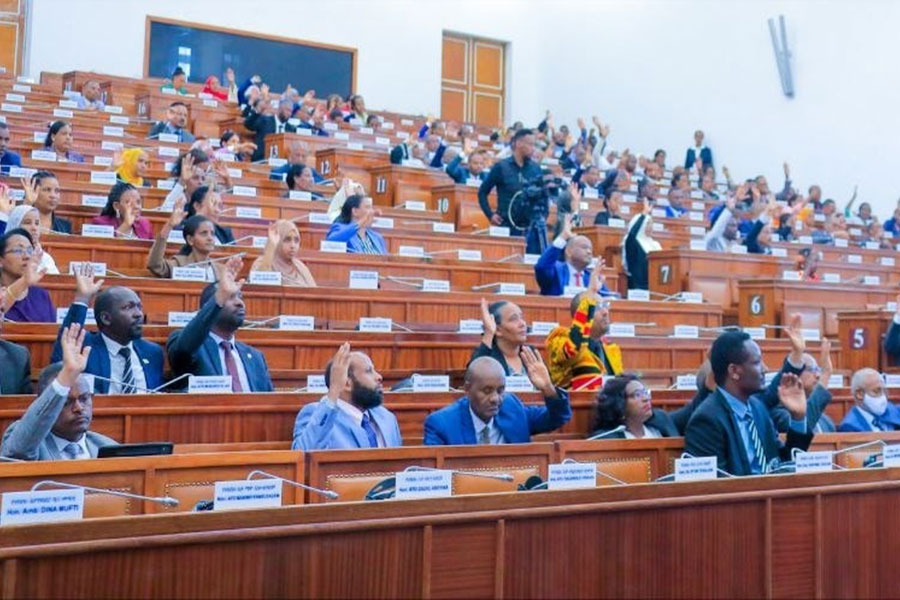
Radar | May 24,2025
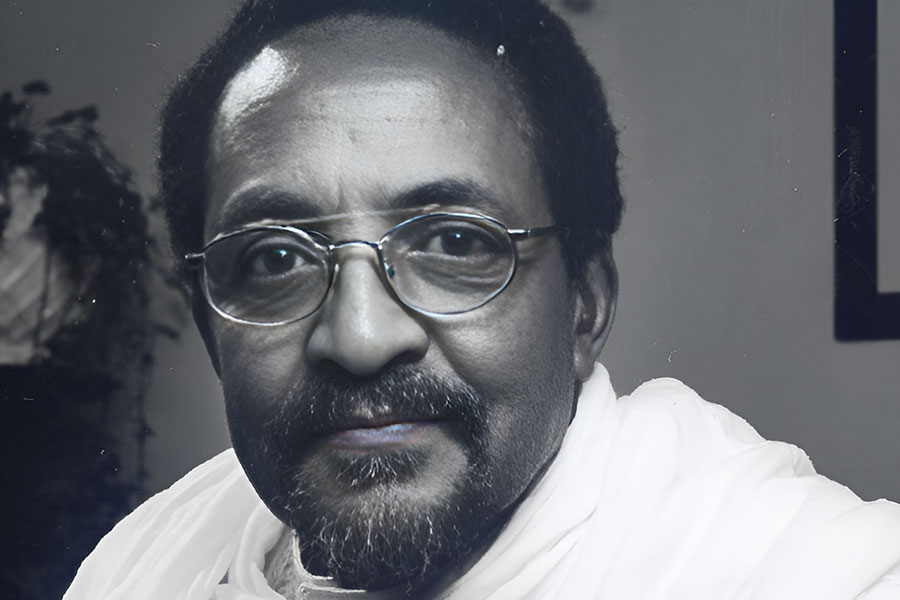
Obituary | Apr 03,2023
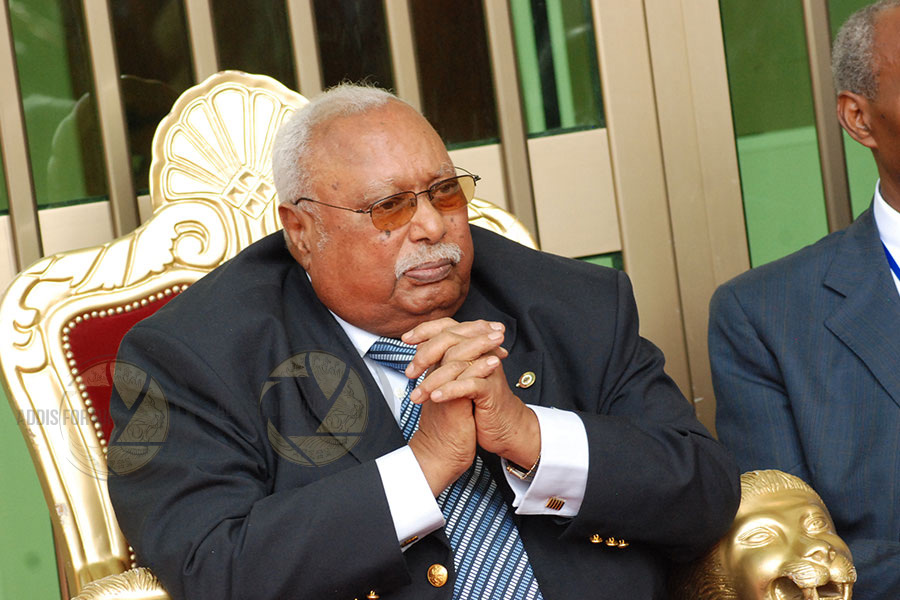
Fortune News | Oct 23,2018

View From Arada | Apr 20,2025
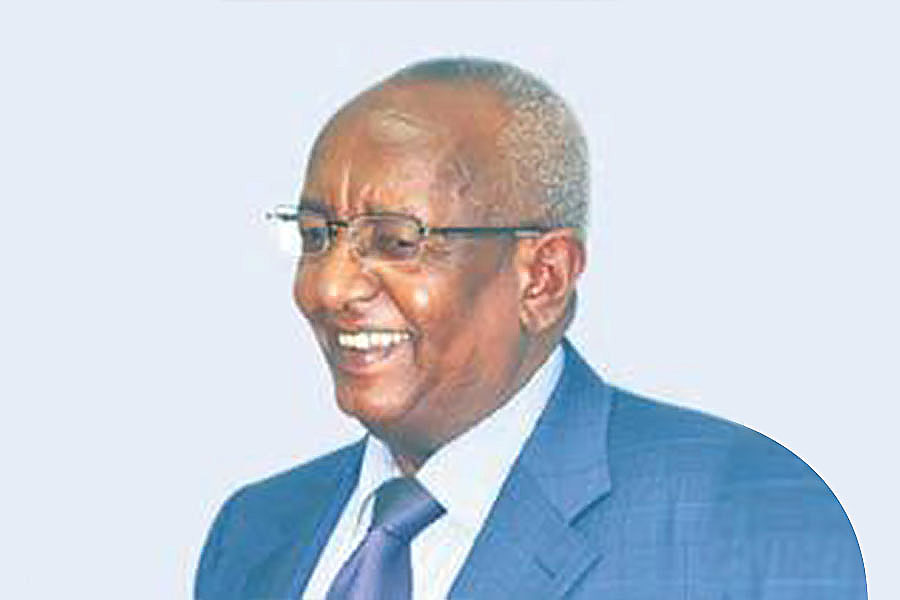
Obituary | Feb 19,2022
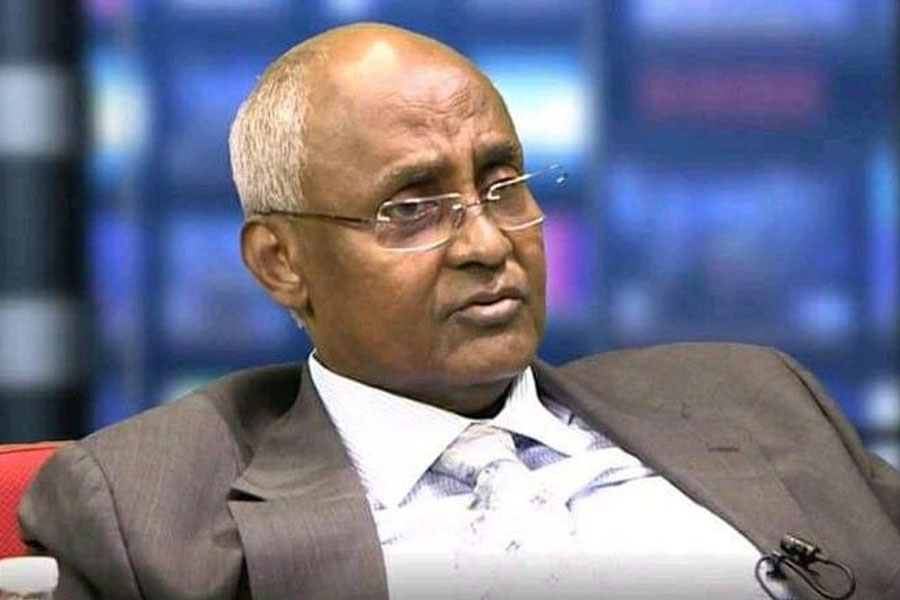
Obituary | Oct 03,2020
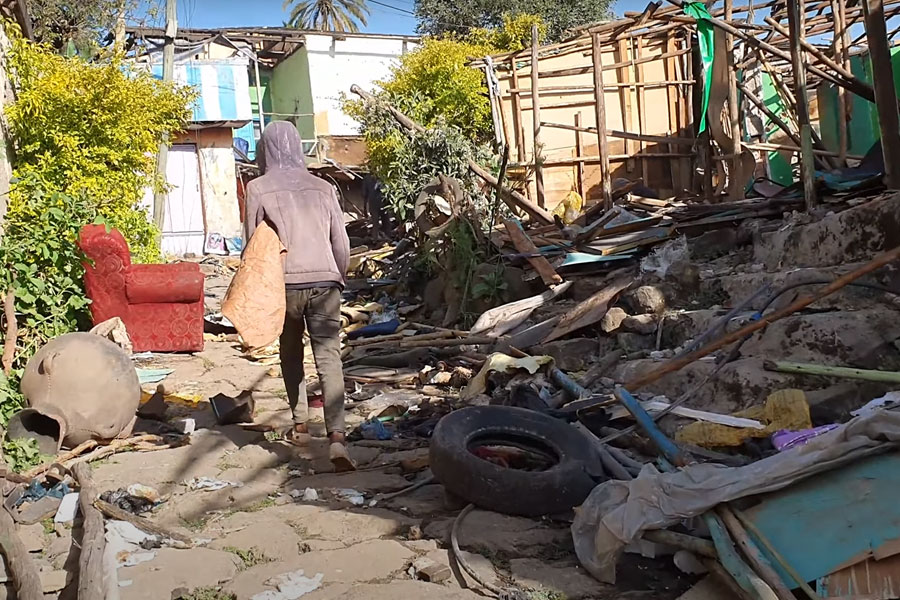
Agenda | Mar 23,2024

Featured | May 04,2025

Fortune News | Oct 10,2019

Radar | Aug 12,2023

Dec 22 , 2024 . By TIZITA SHEWAFERAW
Charged with transforming colossal state-owned enterprises into modern and competitiv...

Aug 18 , 2024 . By AKSAH ITALO
Although predictable Yonas Zerihun's job in the ride-hailing service is not immune to...

Jul 28 , 2024 . By TIZITA SHEWAFERAW
Unhabitual, perhaps too many, Samuel Gebreyohannes, 38, used to occasionally enjoy a couple of beers at breakfast. However, he recently swit...

Jul 13 , 2024 . By AKSAH ITALO
Investors who rely on tractors, trucks, and field vehicles for commuting, transporting commodities, and f...

Oct 11 , 2025
Ladislas Farago, a roving Associated Press (AP) correspondent, arrived in Ethiopia in...

Oct 4 , 2025
Eyob Tekalegn (PhD) had been in the Governor's chair for only weeks when, on Septembe...

Sep 27 , 2025
Four years into an experiment with “shock therapy” in education, the national moo...

Sep 20 , 2025
Getachew Reda's return to the national stage was always going to stir attention. Once...